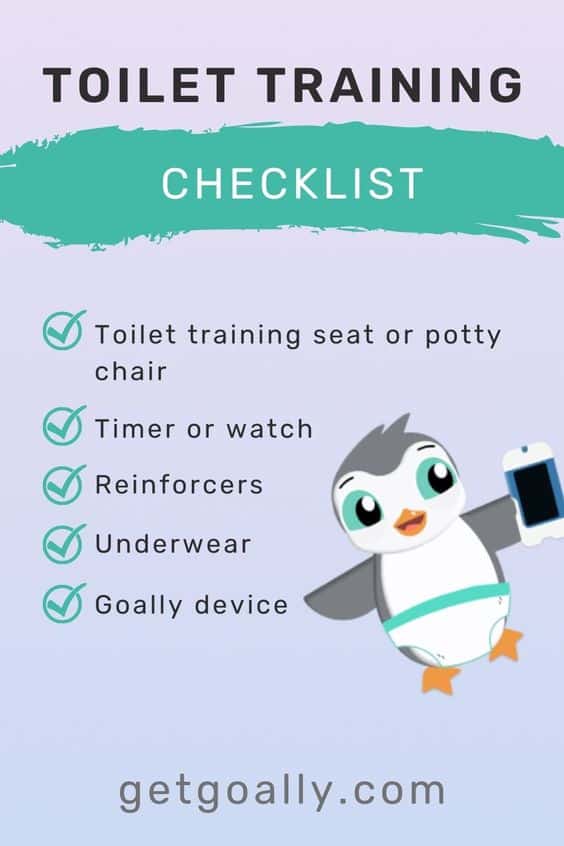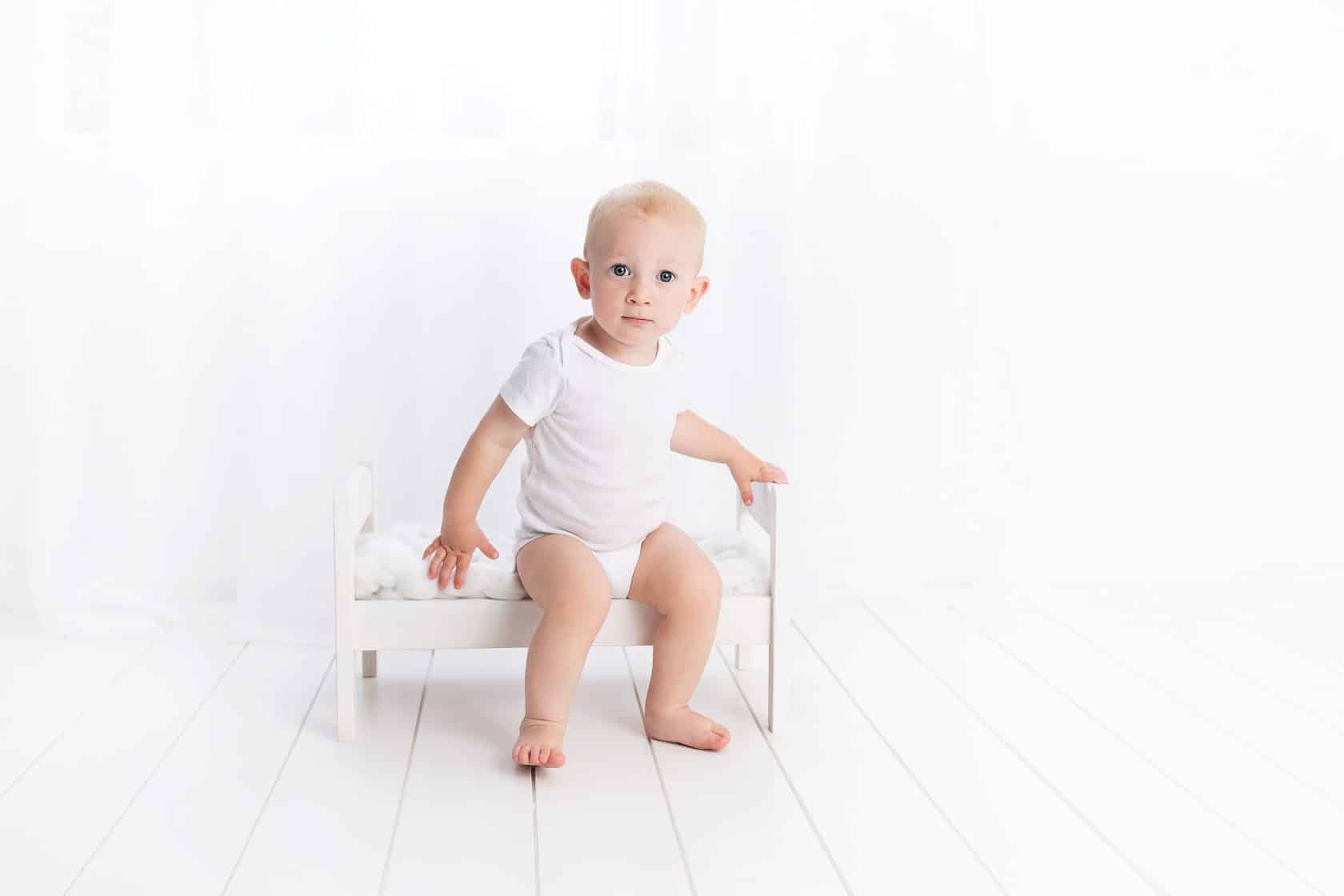What’s next after understanding the underlying cause of bedwetting? Coming up with ways to manage it. Here are some behavior-based strategies that can be life-changing:
- Limited Liquids: Encourage your child not to drink lots of fluids before bedtime.
- Encourage Bathroom Visits: Prompt your kid to use the toilet before hitting the hay and setting reminders to pee throughout the day.
- Reward System: Implement a reward system for dry nights.
In some instances, treating bedwetting may also involve medications, bladder training exercises, or even bedwetting alarms. Around the age of 7, most kids outgrow night-time bedwetting. But it’s great to start these habits early.
Considering long-term, many children gradually grow out of bedwetting. However, every child is unique, and some may take a little longer. Your patience and understanding can make a huge difference in their journey towards staying dry at night. Light at the end of the tunnel, my friends!














